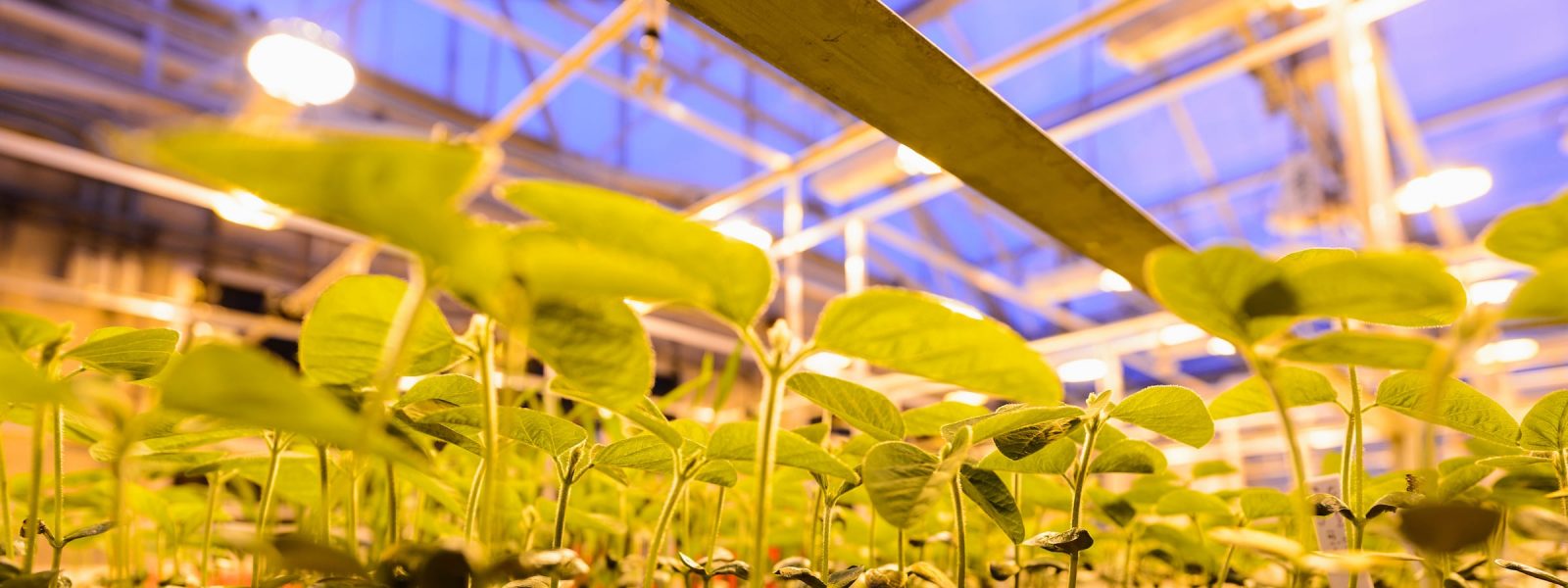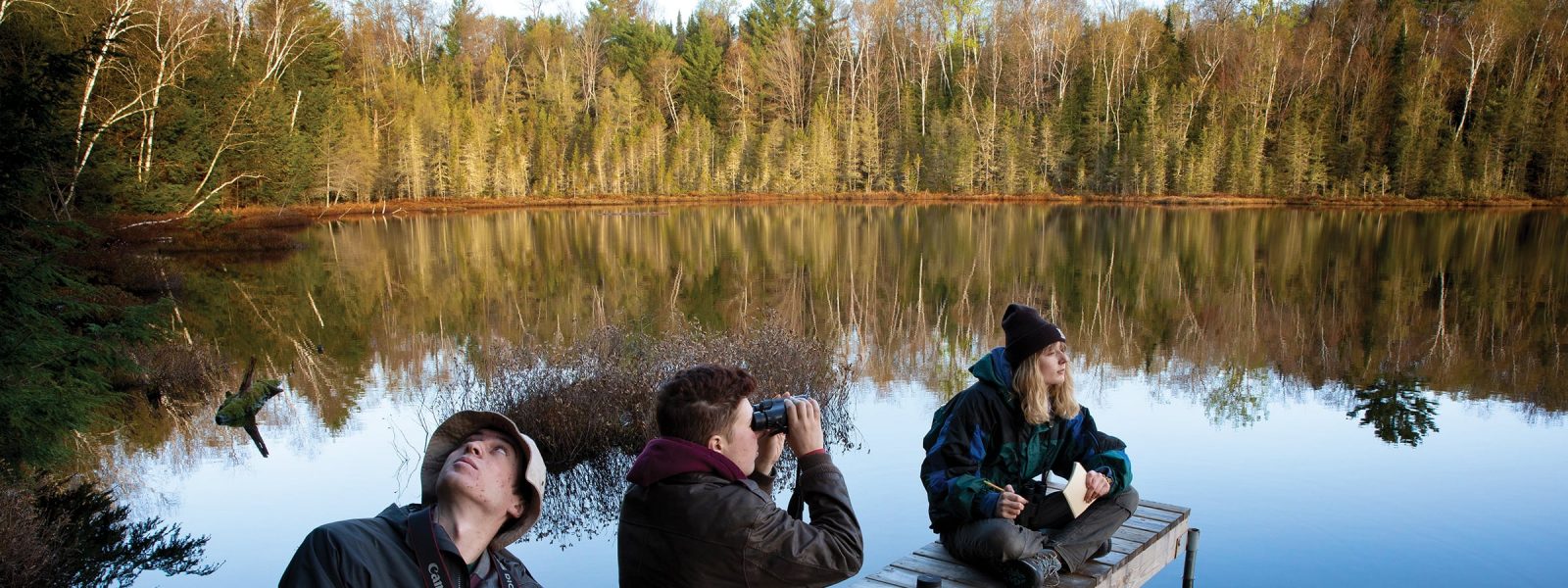Living the Wisconsin Idea
Partner with the community and the state to extend and apply our research, education, and practice-based knowledge to foster learning and support innovation and prosperity through Wisconsin.

1. Engage with the community to provide positive social, cultural, and economic impact in Wisconsin and beyond.
Example initiatives:
Reilly Baldwin Wisconsin Idea Endowment Grants
Over $800,000 annually awarded to faculty, staff and students through a competitive grant process for projects that foster public engagement and advance the Wisconsin Idea. Projects must involve external partners working with UW–Madison to extend and apply our research, education and practice-based knowledge to help solve problems and address community interests or concerns.
Morgridge Center for Public Service
The Morgridge Center for Public Service connects UW students, staff, and faculty to local and global communities through service and learning. The center’s Badger Volunteers program pairs teams of students with local community organizations for semester-long service projects. Some 800 UW students combine to serve more than 30,000 hours each year.
UW Native Nations Partnerships
The Native Nations_UW Working Group supports the goal of strengthening campus’s partnership with sovereign Native Nations. The NN_UW Strategic Plan identifies efforts that work toward more respectful and reciprocal partnerships, address priorities of Wisconsin’s Native Nations, and will enhance the campus climate and support the retention and graduation of Native students at the UW–Madison.
Wisconsin Experience Bus Trip
This event brings UW–Madison student leaders together to expand on the Wisconsin Idea while traveling and serving throughout the state. This annual, weeklong trip for emerging UW–Madison student leaders on campus builds bridges between campus organizations by fostering leadership, cultural understanding, and community. Previous WEBT trips have: toured a dairy farm; held a Q&A with Lambeau Field’s outreach manager; met with leadership at Lac du Flambeau reservation; and shared dinner with Wisconsin Alumni Association members.

2. Promote entrepreneurship, innovation, and economic development in Wisconsin and beyond.
Example initiatives:
Discovery to Product
Serving as a centralized support network for campus entrepreneurs, Discovery to Product (D2P) provides free consultation, coaching, and educational courses to UW faculty, staff, and students who have big ideas. D2P helps campus inventors through every step of the process: ideation, planning, developing, and launching.
Wisconsin Alumni Research Foundation
The Wisconsin Alumni Research Foundation (WARF) is a university-affiliated nonprofit organization that stewards the UW’s cycle of research, discovery, and commercialization. Among the most successful technology transfer offices in the nation, WARF patents, licenses, and protects UW discoveries and manages a large investment portfolio derived from the revenues. Its annual grant of tens of millions of dollars to the UW fuels continued innovation.
Office of Business Engagement
The Office of Business Engagement was established in 2018 to help state and national industry connect with the UW’s vast resources. The office is helping to facilitate a record number of industry research partnerships, sponsorship opportunities, student recruitment efforts, and executive education programs.

3. Share the benefits of a world-class teaching and research university throughout Wisconsin and beyond our borders.
Example initiatives:
Extension at UW–Madison
The UW–Madison Division of Extension is strengthening the connection between the university and counties across Wisconsin through research support and community outreach. Extension embodies the Wisconsin Idea across six program areas: agriculture, community development, health and well-being, human development and relationships, natural resources, and positive youth development.
Wisconsin Academy for Rural Medicine
Wisconsin is facing a significant shortage of physicians in rural areas, with 60 of the state’s 72 counties designated as underserved. The UW School of Medicine and Public Health is aiming to reduce the disparity through the Wisconsin Academy for Rural Medicine. The four-year program admits medical students who intend to practice rural medicine and tailors the curriculum to the needs of rural areas.
UW Odyssey Project
The UW Odyssey Project offers a free college-level humanities course to adult students facing economic barriers to college. UW Odyssey Beyond Bars offers college jumpstart programs to students incarcerated in Wisconsin state prisons.
UniverCity Alliance
Since 2016, UW–Madison has partnered with designated Wisconsin cities and counties through the UniverCity Alliance to address local challenges and work on high-impact projects. Faculty, students, and community partners work on a wide variety of issues, such as flood mitigation, child-care affordability, and jail inmate re-entry strategies.
Impact 2030
Publicly announced in 2020, the School of Education’s Impact 2030 initiative will cement the School’s legacy of success by raising crucial funds to create transformation and innovative learning experiences, bolster faculty support, and increase student scholarship support. Additionally, the school plans to invest in Wisconsin’s future teachers by pledging to pay the equivalent of in-state tuition and fees, testing, and licensing costs for all teacher education students who pledge to work in Wisconsin after graduation. This ambitious effort will conclude with the School’s centennial celebration in 2030.